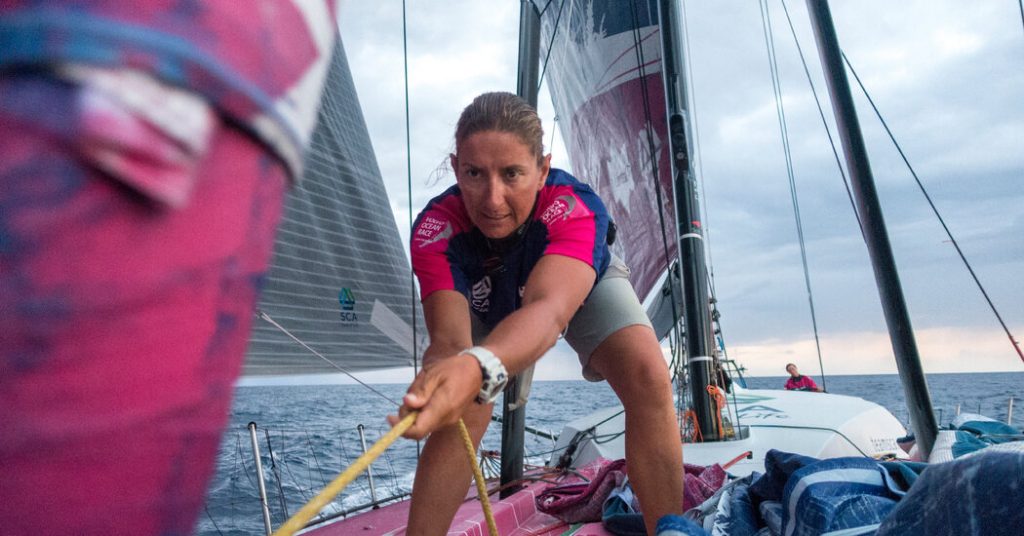“In your day you need structure,” Ms. Caffari said. “You need to get up in the morning knowing you’re going to make something happen.”
Focus on Something New
When all else fails, look to something new: a new hobby, a new goal, a new experience. During a particularly hard patch of a competition, some athletes say they focus on a different sense, one that perhaps is not at the forefront of their mind when the pain sets in. A runner could note the smells around her and a climber could note the way his hair is blowing in the wind. When athletes are injured, sports psychologists and coaches frequently encourage them to find a new activity to engage their mind and body. The key is to adapt, adapt and then adapt again.
“We all want mental toughness, it’s an important part of dealing with difficult things,” Michael Gervais, a psychologist who specializes in high performance and the host of the “Finding Mastery” podcast, said. “The current definition of mental toughness is the ability to pivot and to be nimble and flexible.”
Ms. Caffari, the global sailor, has shifted to spending a lot of time in her garden, something she did not have as much time for when she was traveling for much of the year. “The neighbors are quite happy with that,” she said with a laugh.
Mr. Anker has put his extra energy into calligraphy. “Yesterday I transcribed quotes from John Lewis and I find that satisfying,” he said.
When his favorite trails were closed because of lockdowns, Mr. Woltering decided to run every street of his hometown, Ottawa, Ill. It was some 200 miles.
“The next moment is always completely uncertain, and it’s always been that way,” Dr. Gervais said. But adapting, adjusting expectations and discovering new goals or hobbies can allow you to continue to build the muscle that is mental toughness.
Bottom line? “Optimism is an antidote to anxiety,” Dr. Gervais said.

